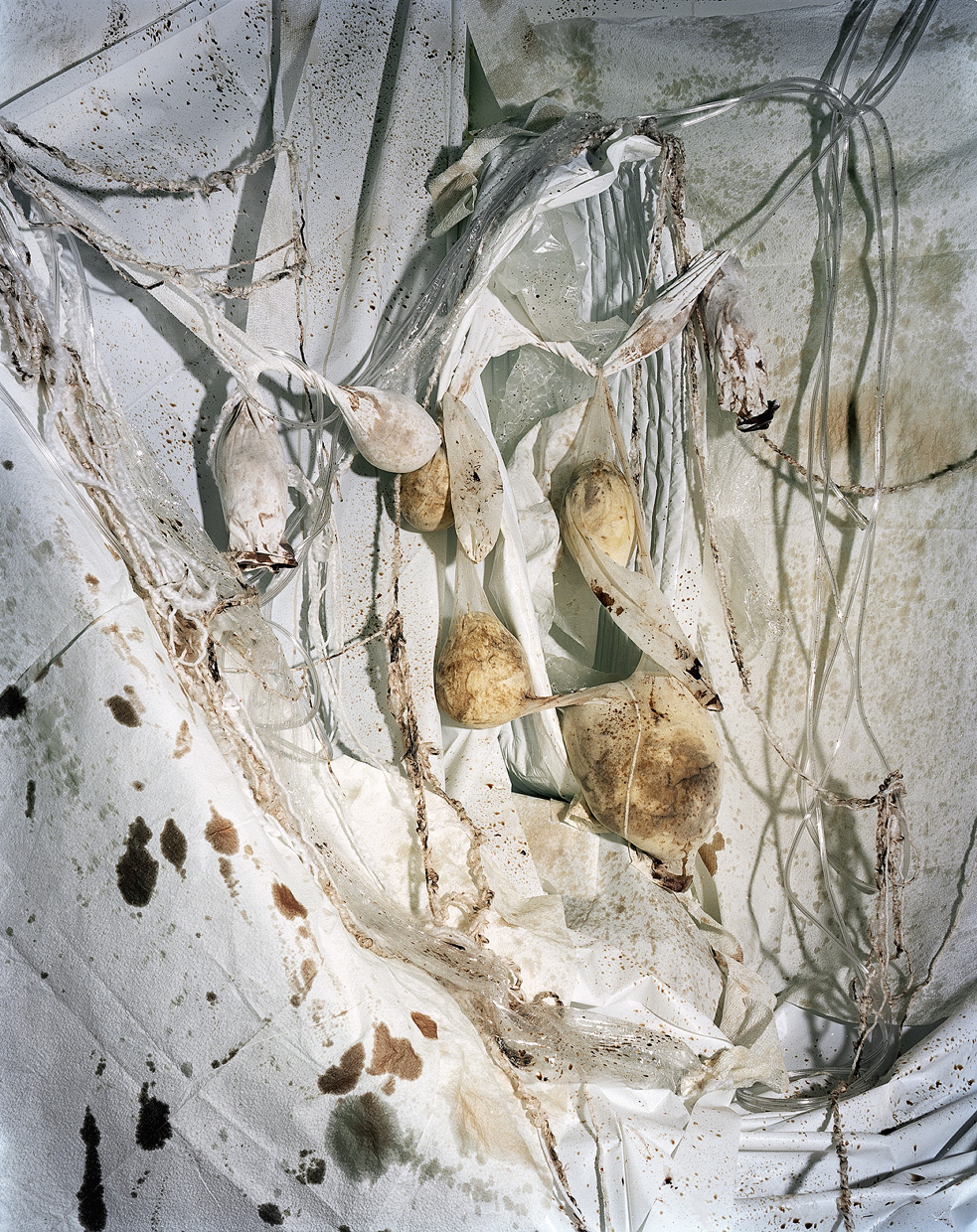
The importance of blood in American race discourse can hardly be overstated, and its particular, if hardly unique, function is generally granted. From slavery to eugenics, the practices of blood quantum, the one-drop rule, and everything Orlando Patterson called “rituals of blood”—all this testifies to the indisputable significance of blood in race discourse and racist practices. This significance carries over into law and into science but it still speaks, as if by containment, to the issue of race. Robert Cover did remind us that the relation between blood and law goes further, arguing that law is “that which licenses in blood certain transformations, while authorizing others only by unanimous consent.” Similar statements could be averred with regard to science, or to medicine at least, and perhaps to political science as well, since William Harvey’s discoveries on the circulation of the blood were picked up by Thomas Hobbes and John Locke, by John Adams and countless others. At this point, however, we already run the risk of courting a strange but banal universalism (menstruation might be invoked for good effect), whereby blood could appear as a matter of concern common to every culture.
Presumably consumed with anger and revenge—not to mention law—the Old Testament famously seems to confirm, and partake of, such universalism. The soul is blood, it (approximately) said. The more widespread translation, however, from Luther onward, has it that “the life of the flesh is in the blood,” which introduces a massive innovation, a new kind of universalism. Consider that where the ancient texts (Hebrew, Greek, and Latin too) asserted an equality of creatures, the new dispensation offers blood as a principle of difference, which implicitly separates human from (soulless) animal. Thus, Acts 17:26 was translated: “And He hath made of one blood all nations of men for to dwell on all the face of the earth,” leaving the door open to doctrines of “lower” races as animals. In the early version, in other words, neither life nor difference was quite what was at stake. Only in this light can we take the measure of the transformation that has taken place and understand the peculiarity of the new universalism of blood, and the difference blood makes. Not surprisingly, the translation, which averred the contiguity of (human) life, blood, and spirit, was spectacularly reiterated by G. W. F. Hegel, philosopher of the universal par excellence. Hegel enacted the new universalism, the universalism of the new, when he stated that the “simple infinity, or the absolute Notion, may be called the simple essence of life, the soul of the world, the universal blood, whose omnipresence is neither disturbed nor interrupted by any difference, but rather is itself every difference, as also their supersession; it pulsates within itself but does not move, inwardly vibrates, yet is at rest. It is self-identical, for the differences are tautological; they are differences that are none.” As a universal, the soul of the world, and the simple essence of life, blood had become the absolute notion, which divides and differentiates—the difference, Shakespeare’s Salarino had proclaimed in The Merchant of Venice, “between bloods.”
Page 1 of 3 | Next page